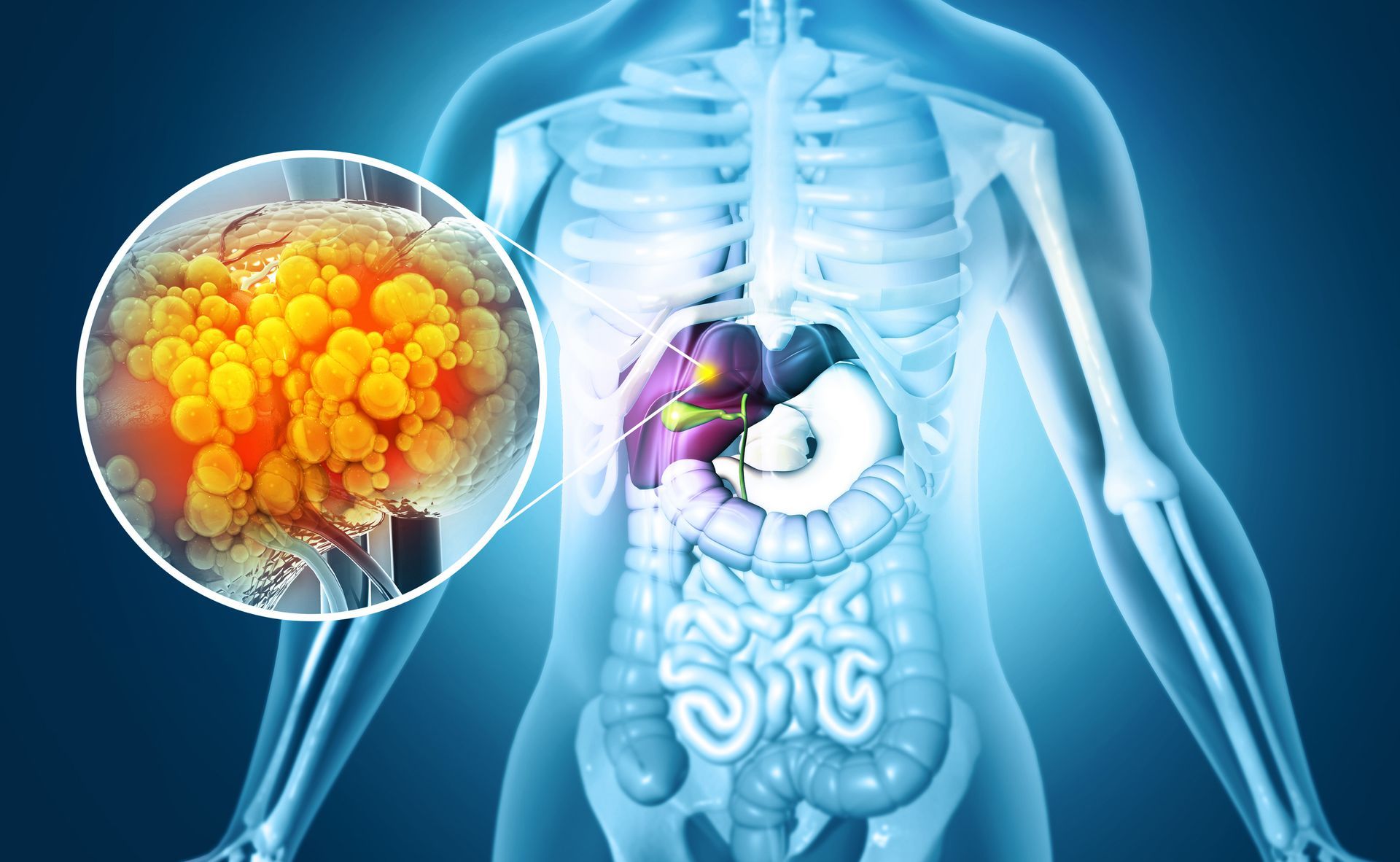4 Common Questions About Ulcerative Colitis and the Answers You Need
Ulcerative colitis (UC) is a form of inflammatory bowel disease (IBD) which causes painful and bothersome symptoms due to long-lasting inflammation and ulcers within the rectum and large intestine (colon). Among all forms of IBD, ulcerative colitis is the most common, affecting over 900,000 Americans. Still, despite this prevalence, many patients, particularly those who have been newly diagnosed, find that they have unanswered questions surrounding the condition. Below are four of those questions, and the answers that UC sufferers need to know.
What Causes Ulcerative Colitis?
The exact cause behind UC remains unknown. However, researchers suspect that there may be several underlying factors which all contribute. These can include genetic predisposition, immune system, and environmental and lifestyle factors. Generally speaking, UC is most likely to show up in individuals who are between the ages of 15 and 30 or later in life between 50 and 70. It also observed more frequently in Caucasian patients and in those who have a family history of IBD or other autoimmune diseases.
How is Ulcerative Colitis Treated?
Most patients fall into the mild to moderate category of UC and require minimal treatment. For these individuals, medication is typically sufficient to control symptoms. However, for the 23 to 45 percent whose symptoms are considered severe, for whom medication has failed or complications have occurred, surgery may be required. Surgical options for UC include removal of the colon (colectomy) or removal of the colon and rectum (proctocolectomy).
Can Ulcerative Colitis be Cured?
There is no cure for UC. However, proper treatment can keep the condition under control. The best results are seen in those who treat UC aggressively in the early stages, do not deviate from their treatment plan, and regularly communicate with their physician.
Can Ulcerative Colitis Cause Other Health Complications?
The greatest health concern associated with UC is the development of colon cancer . About 5 percent of patients will eventually receive this diagnosis, placing them at higher risk than the general population. This is why vigilant treatment and monitoring is so important. In addition to colon cancer, those suffering from UC may also be at an increased risk for arthritis, osteoporosis, eye inflammation, and liver diseases later in life.
Ulcerative colitis can be a painful and embarrassing condition, but it is one that patients cannot afford to ignore. IBD is far more common that most sufferers believe and should not be a source of shame. The sooner you speak with your physician regarding your symptoms, the sooner you can find relief and the less likely you will be to suffer complications in the future.
To speak with a physician regarding UC, contact Digestive Diseases Center and request a consultation with any one of our highly skilled gastroenterologists .
CONTACT
850-763-5409
ADDRESSES
4 LOCATIONS
204 E 19th Street, B, Panama City
12216 Panama City Beach Pkwy, D, Panama City Beach
4295 3rd Ave, Marianna
101 Good Morning St., 109B, Port St. Joe
Subscribe to our newsletter:
subscribe to our newsletter
We will get back to you as soon as possible.
Please try again later.



